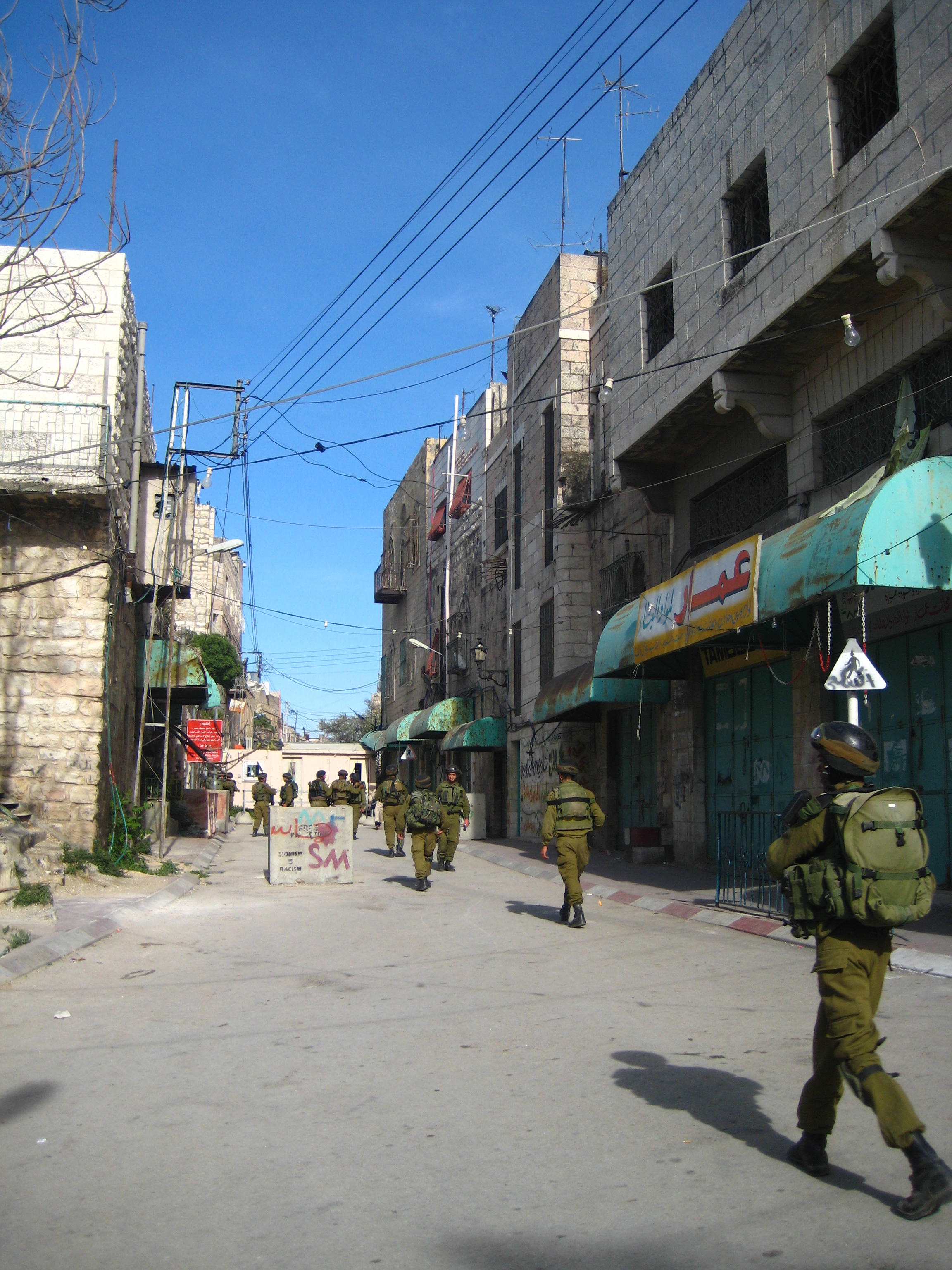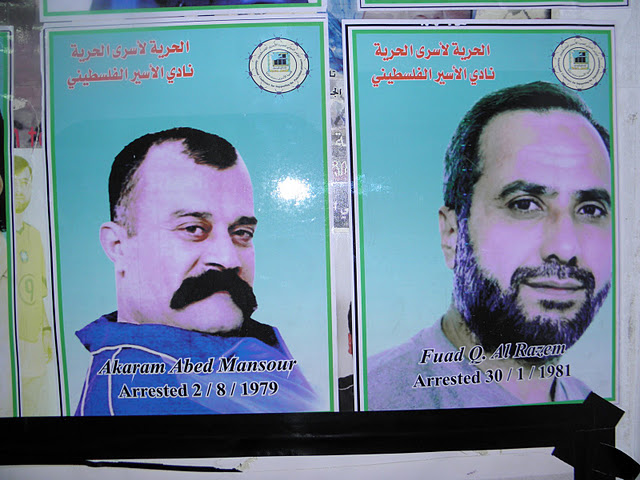Tag: Prisoner Swap
-
Political organization, resistance, and education in Israeli prisons
by Alistair George and Ben Lorber 24 November 2011 | International Solidarity Movement, West Bank Raed Atrash, 25, is a presenter and journalist working in Hebron; his work focuses on prisoner’s issues. He interviews prisoners, ex-prisoners and their families, and he writes articles and presents programmes on the issue. Issa Amro is the director of…
-
An interview with Amer Ahmad Al-Qwasmah, former prisoner
by Alistair George 23 November 2011 | International Solidarity Movement, West Bank Amer Ahmad Al-Qwasmah, 45, was released on 18 October 2011 as part of the prisoner exchange deal that saw 477 Palestinian prisoners (with 550 to be released at a further time, thought to be in December) in exchange for Gilad Shalit, the Israeli…
-
Palestinian woman struggles for proper medical treatment
by Wahed Rejol 14 November 2011 | International Solidarity Movement, West Bank In 2004 Amal Jamal was sentenced to 12 years in Israeli prison. A year later the Palestinian woman from Nablus was diagnosed with ovarian cancer. Today from a hospital in Nablus she awaits a decision from Israel authorities that will determine whether she…



